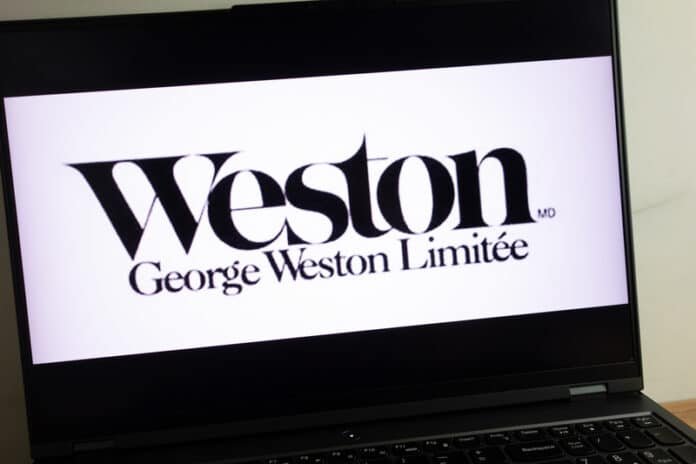George Weston and Loblaw have agreed to pay 500 million Canadian dollars to resolve two class-action lawsuits related to their purported participation in a bread price-fixing conspiracy. This settlement, finalized in July, marks one of the largest antitrust settlements in Canadian history.
The class action claims were brought against not only George Weston and Loblaw but also several other entities involved in the sale of packaged bread across Canada. The certified class encompasses all individuals who have resided in Canada since 31 December 2021 and purchased packaged bread from the retailers implicated in the lawsuit.
The settlement is currently pending approval by the court. Should the court grant this approval, it will effectively resolve the claims against both companies within the context of the class actions. In a statement regarding the settlement, Loblaw expressed its regret over the price-fixing arrangement, which the company self-reported in 2015. Galen G. Weston, the Chairman of Loblaw and CEO of George Weston, extended an apology on behalf of the company, acknowledging the unethical behaviour that led to this significant settlement.
While George Weston and Loblaw have opted for settlement, other defendants in the case, such as Metro, have maintained their stance of innocence. A spokesperson for Metro emphasized that the company did not participate in any industry-wide conspiracy to manipulate bread prices and intends to vigorously defend its position against the class actions. The other companies implicated in the lawsuit have also publicly rejected the allegations, asserting that they were not involved in any coordinated price-fixing activities.
The recent surge in class action lawsuits, such as the bread price-fixing case, reflects a growing trend across various jurisdictions. Robert Johnston, Co-Chair of the IBA Class Actions Committee and a partner at Johnson Winter & Slattery, highlights that advancements in legal mechanisms and funding options have facilitated the rise of such lawsuits. He notes an uptick in mass torts and mass product liability claims, driven by the global nature of consumer goods, which increases the pool of potential class members and subsequently raises the stakes for companies involved in malfeasance.
While the rise in class actions around the world offers a potential remedy for consumers, it also introduces certain challenges, particularly the danger of frivolous or speculative claims. Kent Schmidt, a partner at Dorsey Whitney, warns that in jurisdictions such as the United States and some Canadian provinces, the lack of adverse costs can lead to an increase in opportunistic lawsuits. He highlights the trend of demand letters threatening class action lawsuits against companies unless a settlement is reached.
In Canada, there is a discernible shift in the balance of power within class action lawsuits. Steven Rosenhek, a member of the IBA Class Actions Committee and counsel at Fasken Martineau DuMoulin, points out that courts have begun denying certification for certain claims, leading to more instances where cases proceed to trial on their merits and defendants emerge victorious. This trend signifies growing confidence among defendants in contesting class actions at trial, as courts are increasingly scrutinizing the substance of the claims presented by plaintiffs.




